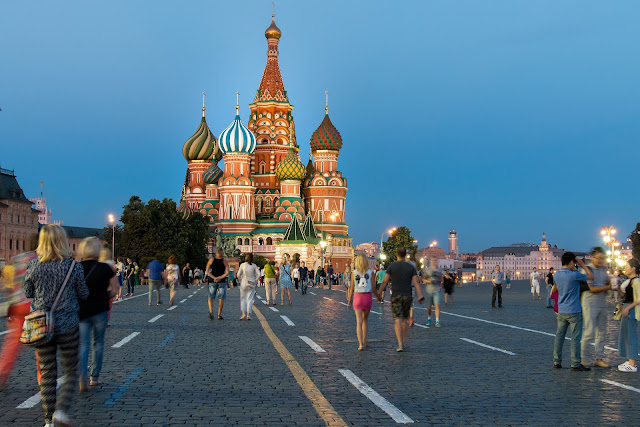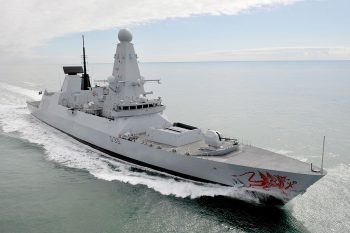GEOPOLITICS :: RUSSIA: REVISITING ORBIS – Russia now no longer European as well
GEOPOLITICS :: RUSSIA: REVISITING ORBIS – Russia now no longer European as well – Introduction
By Iain Fraser – Consultant Editor, GEOPoliticalMatters.com
European News & Media Centre Málaga
Think Tank, The Foreign Policy Research Institute has started to run a fascinating new feature
“Revisiting Orbis” by editor Nikolas K. Gvosdev, to go back into the archives of Orbis and to take a second look at articles, their predictions and their analysis, to see how they have held up over time, and to reconnect the past issues of the journal with present-day developments.
The inaugural feature “Russia now no longer European as well” Original Orbis piece: Nikolas K. Gvosdev’s “Russia: ‘European But Not Western?’” Volume 51, Issue 1 (Winter 2007).[]
It discusses the Implications of the argument: Under Vladimir Putin, Russia was moving away from its earlier embrace of Atlanticisim, seeing Russia as part of the Western world, and aspiring to emulate the West’s values and standards of governance, but still considered Russia part of an overarching European civilization—a representative of its eastern half. In geopolitical terms, this was a way to distance Russia from the United States, both by excluding itself from the overall definition of the “West”—but also to exclude the United States from a European space in which Russia, but not the United States, should play a leading role.
In June 2008, incoming Russian President Dmitry Medvedev proposed a new European security architecture, arguing that “Europe’s problems won’t be solved until its unity is established, an organic wholeness of all its integral parts, including Russia.” Medvedev identified the United States, the European Union, and Russia as the “three branches of European civilization.”
The analysis goes on to Revisit the argument: Efforts to embed Russia within a new post-Cold War security arrangement have not borne fruit. Russia’s annexation of Crimea and sponsorship of separatism in Eastern Ukraine in 2014 aggravated relations between the members of the European Union and Russia, while Ukraine’s own efforts to integrate with the West and further decouple its ties with Russia have contributed to a sense that Russia’s future lies more with its southern and eastern vectors, away from Europe. Fascinating piece. You can read the full story here
About Nikolas Gvosdev
Nikolas Kirrill Gvosdev is a Russian-American international relations scholar. He is currently professor of national security studies at the U.S. Naval War College and the former Editor of the bi-monthly foreign policy journal, The National Interest. He writes as a specialist on US foreign policy as well as international politics as they affect Russia and its neighbours.








